Cosco, Hapag-Lloyd, and Maersk Stand Firm while Others Stumble – A Deep Dive into the Shipping Industry
Investors have trimmed a staggering $135 billion from the market valuation of the top eleven publicly traded shipping lines over the past eighteen months, as stock prices continued their downward trajectory, as reported by Alphaliner.
The number of publicly traded shipping lines boasting a market capitalization exceeding $10 billion has now dwindled to just three, a stark contrast to the seven seen in May 2022.
Among the companies that briefly achieved ‘large cap’ status (> $10 billion) for the first time in 2022 were Evergreen, Yang Ming, Wan Hai of Taiwan, and HMM of South Korea. However, substantial declines in their share prices have relegated them back to the realm of ‘mid-cap’ companies (valued between $2 billion and $10 billion), alongside firms like SITC and Matson.
ZIM, whose shares nearly quadrupled in value in the four months following its January 2021 stock market debut, has now reclassified as a ‘small-cap’ company (< $2 billion) following a market downturn. ZIM’s market cap fell below the threshold in June, with the shipping line currently valued at $1.16 billion.
Cosco Shg, trading in Hong Kong, has managed to maintain its ‘large cap’ designation, despite having operated as a ‘mid-cap’ enterprise prior to 2020. Hapag-Lloyd continues to hold the highest U.S. dollar market cap since January, outperforming its larger competitors, Maersk, and Cosco.
Although the German shipping line posted per TEU profits surpassing the industry average in the first half of 2023 at $1,766 (compared to Maersk Ocean’s $1,329), its higher market capitalization is primarily a result of a relatively small volume of ‘free float’ shares, constituting only 3.6% of the company’s total. Consequently, sales transactions have a substantial impact on market pricing.
Collectively, these eleven prominent shipping lines now command a combined market capitalization of just under $110 billion, a sharp decline from the $243 billion seen in May 2022.











